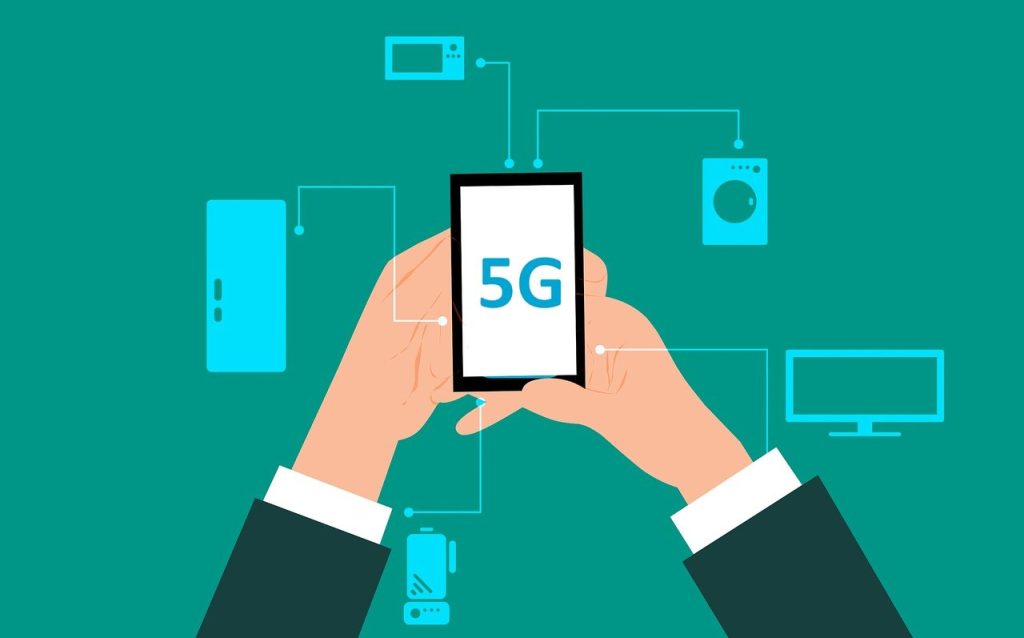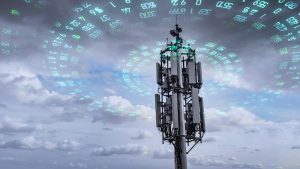Ericsson and Kollmorgen Testing 5G for Industrial Mobile Robots

Manufacturer of motor products for the robotics industry, Kollmorgen has entered into a partnership with Ericsson for exploring how mobile robots can be enhanced with 5G. Tests were conducted by the duo and the early results from them were dubbed as promising by Kollmorgen, as the company wants to evaluate the capabilities of 5G as compared to Wi-Fi. A private 5G network setup was used by Kollmorgen and Ericsson for running the tests and they also used the 4G public network environment for conducting a few trials. One of the primary aims was to show that the NDC solutions from Kollmorgen are communication agnostic.
According to Kollmorgen, the trials, which were only the beginning, showed that they are 5G-ready. An Autonomous Mobile Robot was used, which was controlled by the NDC S platform of Kollmorgen. The NDC products of the company come with software, hardware as well as navigation capabilities that give a boost to autonomous guided vehicles (AGV) for improving efficiency in manufacturing and warehousing facilities. Vehicle makers use its products for creating driverless logistics solutions and some of its customers include Mitsubishi Logisnext Europe Oy (Rocia), Jungheinrich AG and Toyota Material Handling Europe.
The Sweden-based manufacturer said that they had used 5G instead of a Wi-Fi communication link in vehicle control unit from Kollmorgen. The results showed that both software and hardware remained quite stable on 5G, similar to Wi-Fi and the handover to 5G antennas was quite seamless. Kollmorgen stated that this was a key observation, as ensuring stable roaming between access points in a prominent challenge when it comes to configuration o Wi-Fi networks in mobile robot applications. One of the key verticals that are the target for 5G and private networks are industrial users, including those for advanced robotics. Kollmorgen highlighted several reasons why it was interested in the technology, especially for replacing Wi-Fi.
These reasons included 5G’s ability of enabling advanced AI/machine learning capabilities, delivering increased network stability and making infrastructure requirements less complex. Kollmorgen thinks that these will help in reducing costs and improving efficiency for its end-users and partners. Kollmorgen’s director of R&D, Peter Bladh said that 5G can be helpful in generating better insights, speeding up commissioning, improving predictive maintenance and advanced routing of intralogistics. As opposed to Wi-Fi, the higher bandwidths allows for greater flow of data as heavy computations can leverage the cloud.
Furthermore, Kollmorgen said that deploying Wi-Fi could be easier and it could offer greater capacity and coverage. Ericsson’s Thomas Noren said that secure and powerful connectivity is needed for autonomous material handling, along with a strong ecosystem of application providers. He said that Ericsson was proud to have entered into a partnership with Kollmorgen for ensuring safe and smooth operations for Automatic Guided Vehicles. The two companies have also collaborated before, as Kollmorgen had joined the Industry 4.0 partner program of Ericsson back in April, as an independent software vendor. Last year, a packaged 5G offering had been introduced by Ericsson last year, which included access to its dual-mode core and radio portfolio for enabling simultaneous operation of 4G and 5G.




